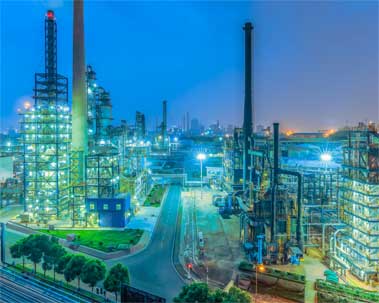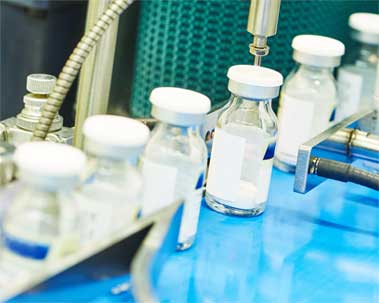CLOSE
Search
The rubber in rubber seal factory are made as different kinds of seals for special sealing effects.
First, NBR sealing ring. It is suitable for oil, glycol, two ester lubricating oil, gasoline, water, silicon grease, silicone oil and other medium. It is the most widely used and lowest cost rubber seal. It is not suitable for polar solvents, such as ketones, ozone, nitro hydrocarbon, MEK and chloroform. The general use temperature range is -40~120 C. In rubber seal factory, this kind of rubber is very common.
Second, hydrogenated NBR sealing ring. It is of excellent corrosion resistance, tear resistance and compression resistance, ozone resistance, sunlight resistance and weather resistance. Better wear resistance than NBR. It is suitable for washing machine, automobile engine system and refrigeration system using new environment-friendly refrigerant R134a. It is not recommended for use in alcohols, esters or aromatic solutions. The general use temperature range is -40~150 C.
Third, silicone rubber seal. It owns the excellent heat resistance, cold resistance, ozone resistance and weathering resistance. It has good insulation performance. But the tensile strength is lower than that of general rubber and is not oil resistant. It is suitable for household appliances such as electric water heaters, electric iron, microwave ovens, etc. It also applies to all kinds of articles that are in contact with the human body, such as kettle, water dispenser and so on. It is not recommended for use in most concentrated solvents, oils, concentrated acids and sodium hydroxide. The general use temperature range is -55~250 C.
Fourth, fluorocarbon rubber sealing ring. High temperature resistance is better than silicone rubber. It has excellent weather resistance, ozone resistance and chemical resistance and cold resistance is bad. It has resistance to most oil products and solvents, especially acids, aliphatic hydrocarbons, aromatic hydrocarbons and animal and vegetable oils. It is suitable for sealing requirements of diesel engines, fuel systems and chemical plants. It is not recommended to use ketones, low molecular weight esters and nitrates. The general use temperature range is -20~250 C.
First, NBR sealing ring. It is suitable for oil, glycol, two ester lubricating oil, gasoline, water, silicon grease, silicone oil and other medium. It is the most widely used and lowest cost rubber seal. It is not suitable for polar solvents, such as ketones, ozone, nitro hydrocarbon, MEK and chloroform. The general use temperature range is -40~120 C. In rubber seal factory, this kind of rubber is very common.
Second, hydrogenated NBR sealing ring. It is of excellent corrosion resistance, tear resistance and compression resistance, ozone resistance, sunlight resistance and weather resistance. Better wear resistance than NBR. It is suitable for washing machine, automobile engine system and refrigeration system using new environment-friendly refrigerant R134a. It is not recommended for use in alcohols, esters or aromatic solutions. The general use temperature range is -40~150 C.
Third, silicone rubber seal. It owns the excellent heat resistance, cold resistance, ozone resistance and weathering resistance. It has good insulation performance. But the tensile strength is lower than that of general rubber and is not oil resistant. It is suitable for household appliances such as electric water heaters, electric iron, microwave ovens, etc. It also applies to all kinds of articles that are in contact with the human body, such as kettle, water dispenser and so on. It is not recommended for use in most concentrated solvents, oils, concentrated acids and sodium hydroxide. The general use temperature range is -55~250 C.
Fourth, fluorocarbon rubber sealing ring. High temperature resistance is better than silicone rubber. It has excellent weather resistance, ozone resistance and chemical resistance and cold resistance is bad. It has resistance to most oil products and solvents, especially acids, aliphatic hydrocarbons, aromatic hydrocarbons and animal and vegetable oils. It is suitable for sealing requirements of diesel engines, fuel systems and chemical plants. It is not recommended to use ketones, low molecular weight esters and nitrates. The general use temperature range is -20~250 C.
Related News
 English
English français
français Deutsch
Deutsch Español
Español italiano
italiano русский
русский português
português العربية
العربية ไทย
ไทย čeština
čeština Polska
Polska


